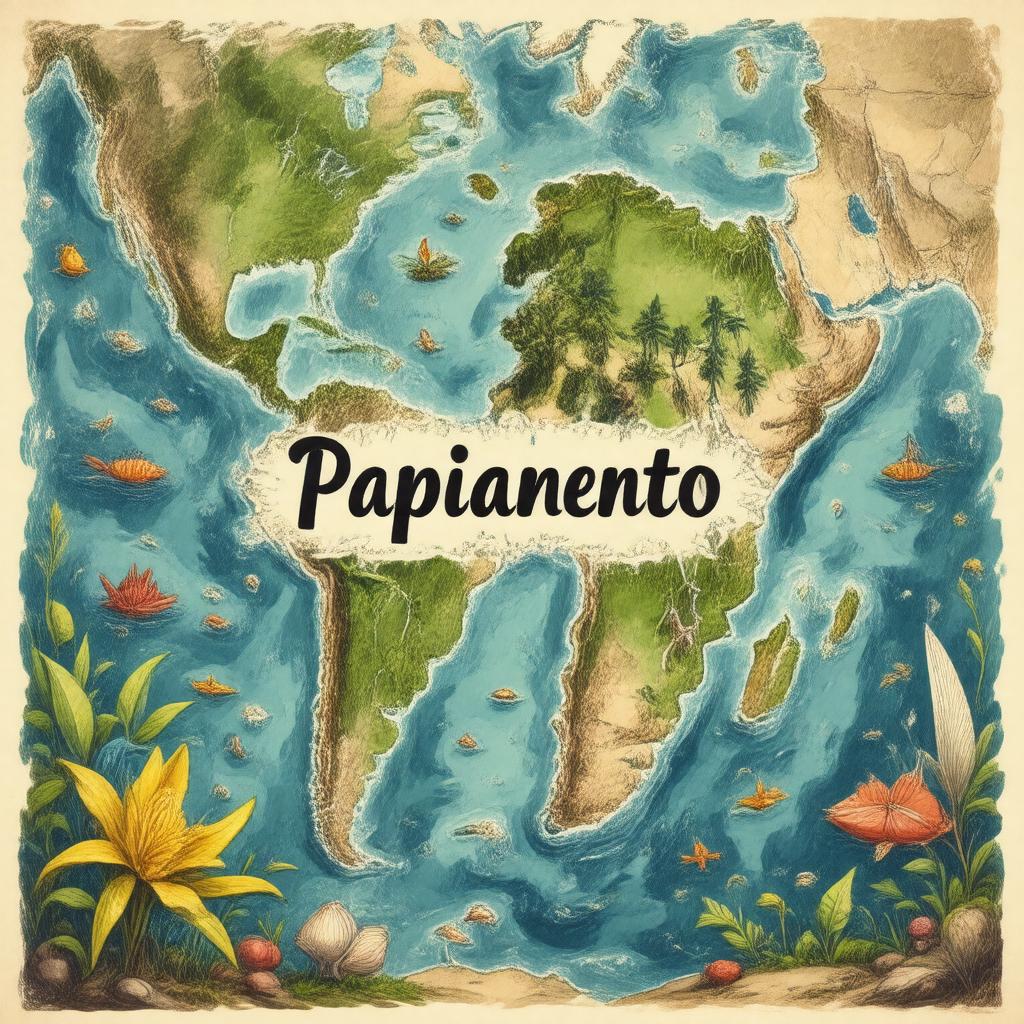Prompt
"Generate an image of a vibrant, colorful illustration representing the Papiamento language, with a stylized map of Aruba, Curaçao, and Bonaire in the background, surrounded by elements reflecting the language's creole heritage, such as African, Spanish, Portuguese, and Dutch influences, with a subtle Latin script font in the foreground, conveying a sense of cultural richness and linguistic diversity."

